Glass Floor In This Grocery Store In Dublin Allows Shoppers To Take A Peek Into 11th Century House Below
If you’d like to get a glimpse of medieval history, you don’t necessarily have to go to a museum or open a history book. Apparently, you can simply visit a grocery store. Sounds confusing? Let us explain.
In the city of Dublin, Ireland, there’s a new Lidl store with a glass floor that allows shoppers to peer down into medieval Viking history. Turns out, the construction of this grocery store has led to the discovery of an 11th century medieval home.
During the supermarket’s construction, archaeologists discovered a 1,000-year-old home that once belonged to Viking ancestors
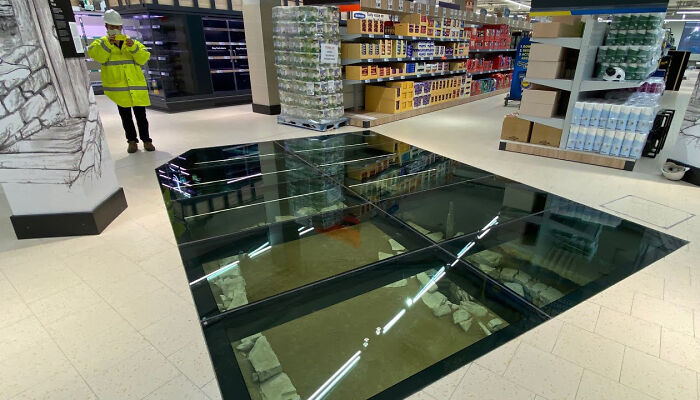
Image credits: RTÉ News
Instead of building on top of the site and covering the ruins, the team decided to instal glass flooring that would let customers peer down into local history.
“The amazing thing about it is it’s an everyday structure. It’s somewhere that people live. It’s somewhere that people, you know, sat down in the evening and did a bit of craft work while they were sitting around the fire. It’s a place, you know, you can imagine them laughing and joking or shedding tears over, you know, various things,” one of the archaeologists named Paul Duffy told NPR.
The team decided to instal glass flooring that would let customers peer down into local history
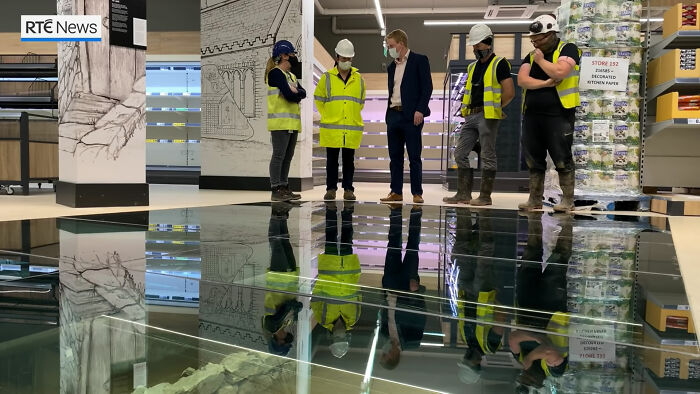
Image credits: RTÉ News
“We were delighted that such a meaningful part of the theatre was found, recognized, and is now presented to the public. I think it’s really fantastic that Lidl is displaying it right in front of their tills,” Linzi Simpson, consultant archaeologist for the project, told RTÉ News.
“We were delighted that such a meaningful part of the theatre was found, recognized, and is now presented to the public”
Image credits: RTÉ News
The 11th-century medieval home won’t be the only thing to peer down into. Apparently, customers will also be able to take a look at at the remains of an 18th century ‘pit trap’ that was once part of the Aungier Street theatre.
A second glass panel lets shoppers take a look at an 18th-century “pit trap” from the stage of the old Aungier Street Theatre
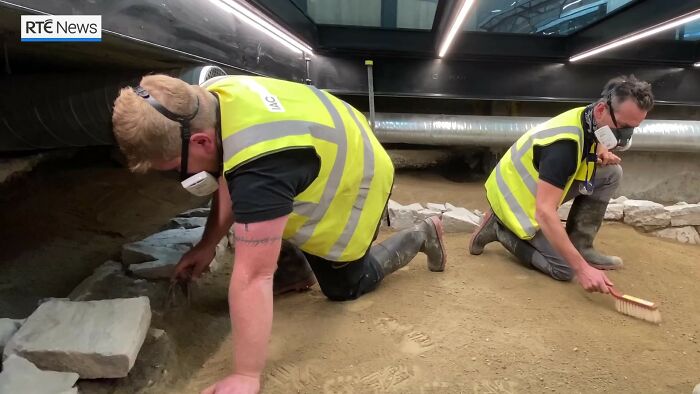
Image credits: RTÉ News
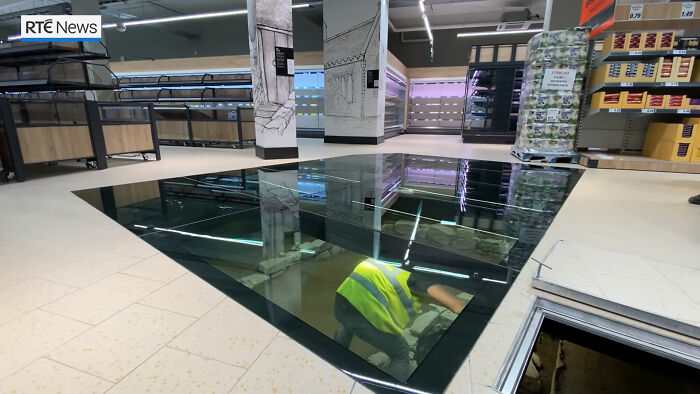
Image credits: RTÉ News
“The thing that becomes clear when you’re looking at these structures and the conditions that people were living in, you know, they were subject to very violent events and catastrophic plagues,” Paul Duffy told NPR. “But the fact that this structure has been rebuilt not once, but probably twice, it just shows that there was obviously tremendous resilience and fortitude back then. And, you know, it’s something that it’s obviously still in us. You know, we’re the same people. We’re the same people that they were.”
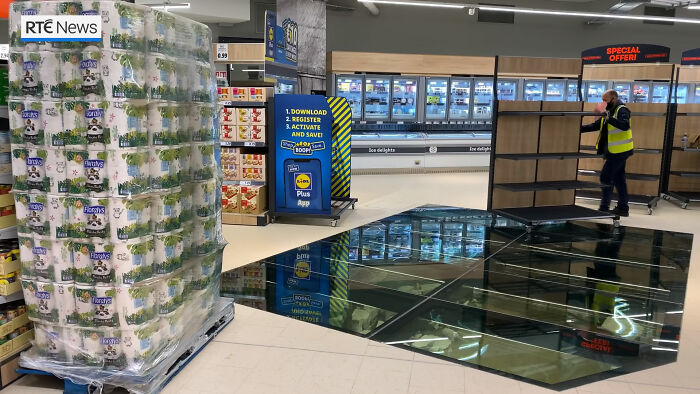
Image credits: RTÉ News
Here’s what people on the interwebs are saying about this unique grocery store
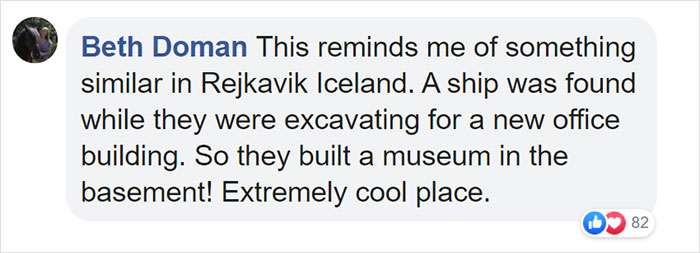











No comments